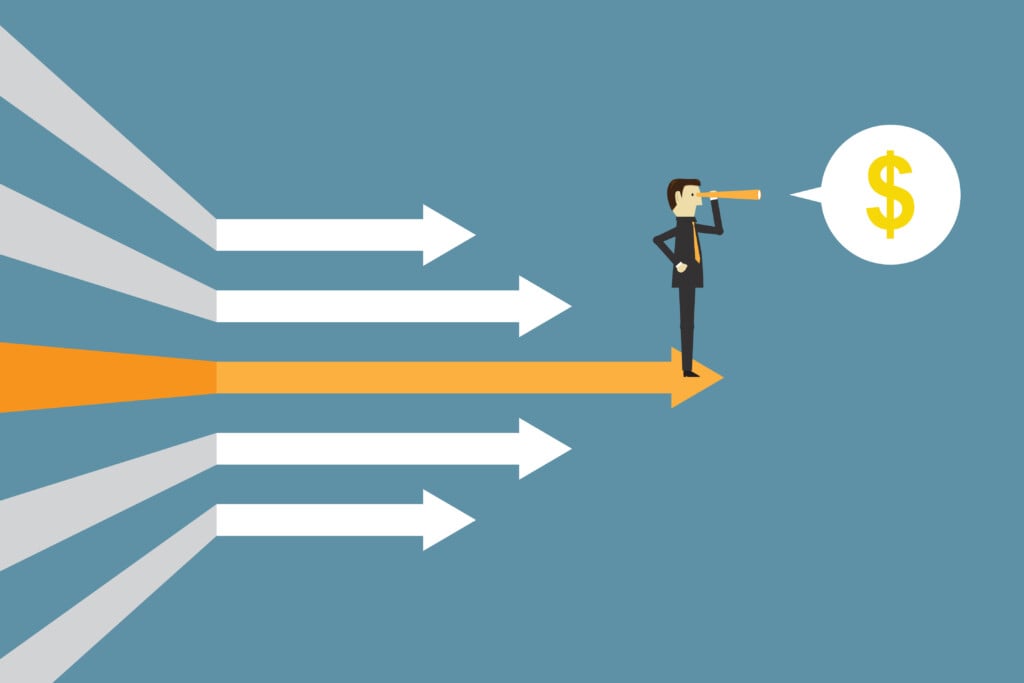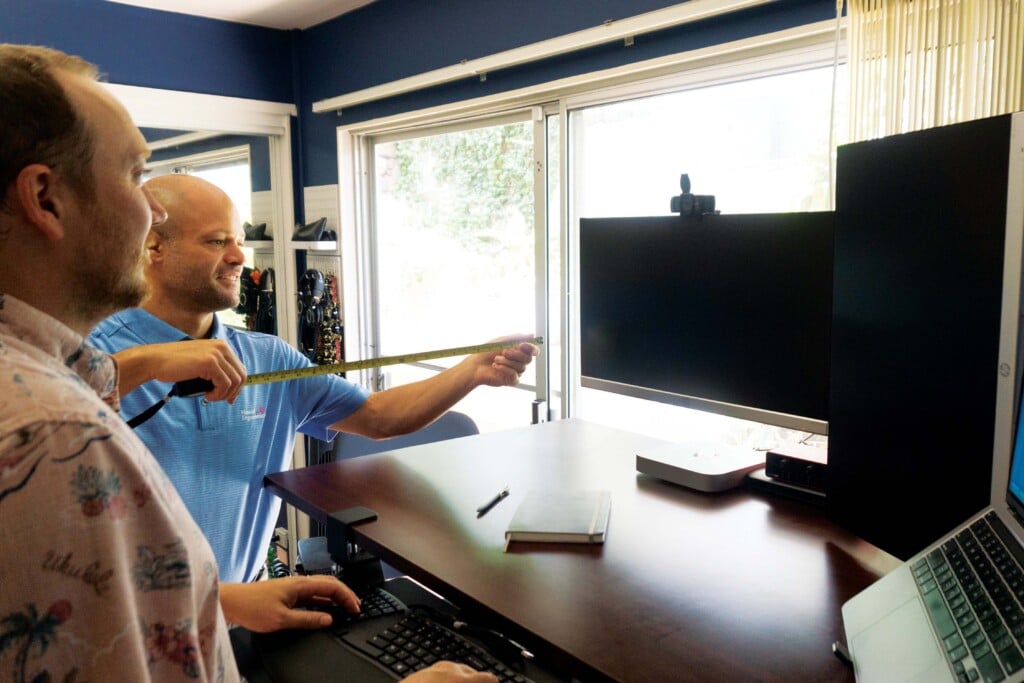Ask the Expert: Buying a Home While Owning a Business

www.honhl.com
808.681.7500
loansonline@honhl.com
Question:
I’m a small business owner. What should I do to ensure I’m in the best position to finance a new home?
Answer:
When someone wants to buy a home or refinance one, a mortgage company looks at three main criteria: the applicant’s credit, funds for the down payment and closing costs, and debt-to-income ratio.
The first two are simple: better credit and a bigger down payment make you a better loan candidate. As for your debt-to-income ratio, most lenders require that at 45 percent or lower. In other words, your new mortgage payment added to your existing liabilities (installment loans, credit cards, student loans and so on) has to be 45 percent or less of your monthly income.
More Paperwork
For small business owners, the good news is there is almost no difference in lending criteria between a self-employed borrower and someone who works for a wage or salary. The bad news is that self-employed people need much more paperwork to validate their debt-to-income ratio. Mortgage lenders look at your adjusted net income, not your business’ gross income, to determine debt-to-income ratio. Plus, your business must be cash positive for the current year and past two years.
To prepare for your meeting with a loan officer, a self-employed borrower should collect:
- Business and personal tax returns for the past two years;
- Business profit-and-loss statement for the current year to date;
- Personal savings, investment and bank statements for the past two months; and
- Titles to any other property or assets owned.
Protect Your Personal Credit
DO
- Run all business expenses through your business, and personal expenses through your personal account.
- Keep a corporate credit card for corporate expenses. This card’s usage will not affect your personal credit score.
- Limit revolving or installment personal debt, including car and other loans in your name.
DON’T
- Co-mingle business and personal accounts.
- Take loans out in your name for the business. This impacts your personal credit.
- Expect to take money from your business account for the down payment. If this happens, a third-party CPA must verify the business can run as is, despite the withdrawn funds.
- Expense everything under the sun. Many small business owners expense as much as possible, to limit their tax liability. That reduces taxable income on your tax return, which can hurt your qualifications for a mortgage.






